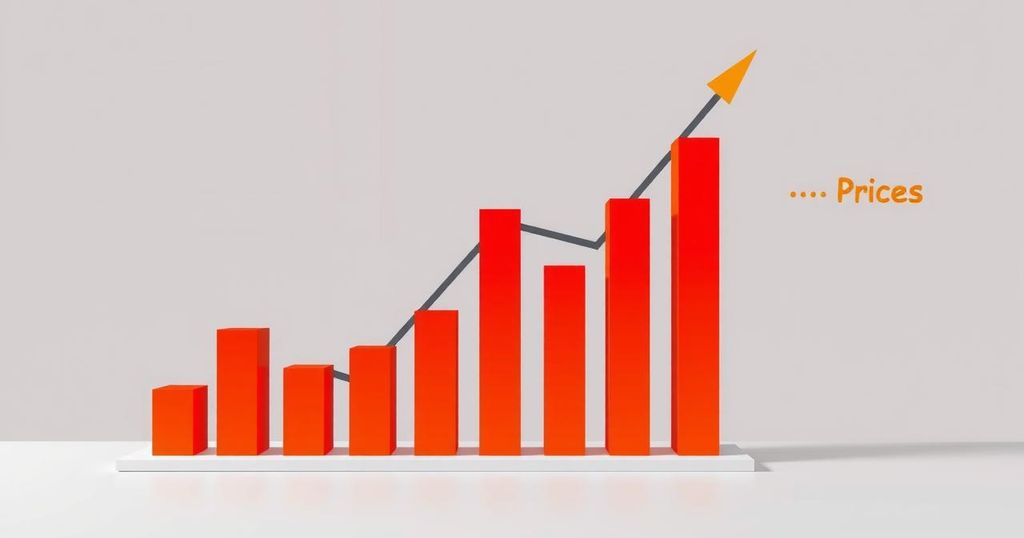Brazil’s consumer prices increased by 1.31% in February, the highest monthly rise since March 2022, driving annual inflation to 5.06%. The Central Bank plans a significant interest rate hike as public discontent grows towards President Lula amid rising living costs, particularly in housing and food. Government efforts to reduce import duties may have limited impact on sustained inflation above target levels.
Brazil’s consumer prices experienced their largest surge in three years last month, putting pressure on President Luiz Inácio Lula da Silva amid rising shopper discontent. Official reports released on Wednesday highlighted a 1.31 percent increase in February, matching economists’ projections and raising annual inflation to 5.06 percent.
The government faces growing public frustration due to escalating inflation and soaring food prices. In response, the Central Bank intends to implement its third consecutive interest rate increase of one percentage point, stifling economic growth while Brazilians express concerns about their financial situation.
According to Adriana Dupita, an economist for Bloomberg, February’s inflation rise can be attributed to seasonal factors, with future price gains expected to exceed targets through 2025. The economist anticipates a forthcoming 100-basis-point interest rate hike and cautions about ongoing tightening measures in the second quarter.
Housing expenses surged by 4.44 percent, significantly impacted by the termination of energy credits. Additionally, education costs climbed by 4.7 percent, while food and beverage prices rose by 0.7 percent, according to the statistics agency.
Amidst soaring inflation and escalating interest rates—potentially reaching 14.25 percent for the benchmark Selic—consumer discontent is directed towards President Lula. Recent polls indicate a decline in his approval ratings to the lowest levels encountered during his presidency.
In an attempt to alleviate concerns, the government has enacted measures such as reducing duties on imported food, although economists warn that these actions may have a limited effect. Annual inflation is projected to persist above the three percent target for the foreseeable future.
In summary, Brazil’s consumer prices have surged significantly, resulting in increased public dissatisfaction directed toward President Lula. The Central Bank’s response includes substantial interest rate hikes, which may further dampen economic growth. Housing, education, and food costs contribute to rising inflation, which is projected to remain above targeted levels. While government measures aim to alleviate pressure, their effectiveness remains questionable in the face of persistent inflationary challenges.
Original Source: www.batimes.com.ar




